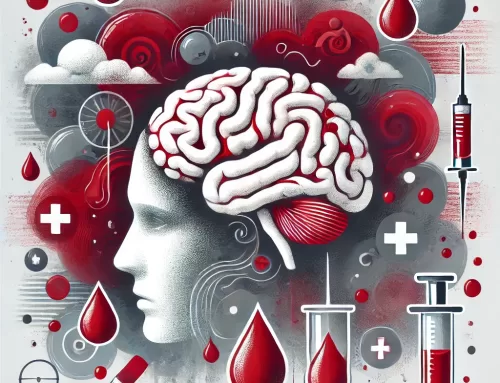Understanding Stockholm Syndrome
Stockholm Syndrome is a brain phenomenon in which hostages or victims develop emotional bonds with their captors. This emotional connection regularly manifests itself in high-pressure situations, such as kidnappings, where victims begin to sympathize with their captors. It may also seem strange, but the human mind occasionally learns to use this defense mechanism to cope with worries and violent questions.
How Does Stockholm Syndrome Develop?
In conditions of trauma or captivity, Stockholm Syndrome can develop when victims are isolated and deprived of basic necessities. The captor may show random acts of kindness, such as providing food or shelter, which the victim perceives as compassion. Over time, these acts of kindness can cause the victim to see the captor in a more favorable light, leading to emotional attachment. It’s important to note that
This is not a conscious decision, but a response of the brain to prolonged captivity. Our Addiction Rehabilitation Centre provides specialized therapy for such psychological conditions.
Emotional and Psychological Consequences of Stockholm Syndrome
Stockholm Syndrome often causes complex emotional and psychological issues. On one hand, victims may experience confusion when they begin to rationalize or justify the captor’s behavior. This can affect their mental health long after their release. These feelings of loyalty can make reintegrating into traditional life and rebuilding trust more challenging. Victims may also suffer from anxiety, depression, or even Post-Traumatic Stress Disorder (PTSD). At our Depression and addiction hospital and Rawalpindi Best Rehabilitation Centre, we offer holistic treatment options to help victims rebuild their lives.
Why Does Stockholm Syndrome Occur?
The goal of Stockholm Syndrome is believed to be driven by survival instincts. The mind adapts to a dangerous situation by creating an emotional connection with the person who holds power over life and death. The victim, in an effort to ensure survival, may unconsciously shift their feelings toward their captor. This emotional bond, formed under distress, can be difficult to break, even after the victim is rescued. With our counseling consultancy and social confidence fear therapies, we help individuals regain control over their emotions.
Long-Term Effects and Recovery from Trauma bonding
The long-term effects of Stockholm Syndrome can be devastating. Victims may feel a sense of loyalty or attachment to their captor, leading to long-lasting emotional distress. They may struggle to return to a normal life, facing trust issues and damaged relationships. At our Economical Rehabilitation Centre, we use therapies like cognitive behavioral therapy (CBT) to help individuals overcome these challenges. Through therapy, individuals can explore their emotions, rebuild their self-worth, and learn to trust again. Our best addiction therapies are designed to address emotional trauma and provide the necessary support for a step to a healthier life.
Conclusion
Stockholm Syndrome is a complex psychological phenomenon with profound emotional and mental consequences. By understanding its effects, we can better assist victims in recovery. Our Rawalpindi Best Mental Care Centre, along with the safe and friendly environment at our mental care in Gulzar-e-Quaid, ensures that individuals receive the necessary support for emotional and psychological healing. We provide expert care, allowing patients to move towards a happy life and regain control of their future with the help of our trusted mental care centre.





Leave A Comment